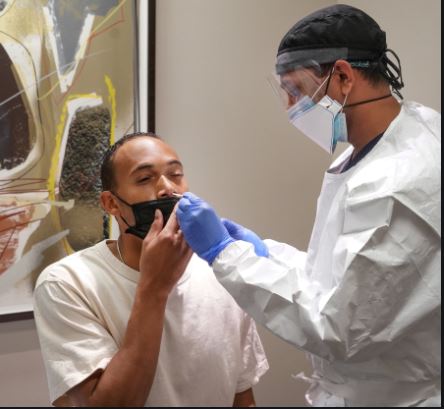False positives in general entail the reporting of the wrong results. For instance, when a PCR test is used in the test of the coronavirus, a false positive would be the wrong indication of whether someone has been infected by the virus or not. This can be highly catastrophic especially to the safety of the public. For example, if results with false positives have been used to issue a fit to fly COVID certificate. A wrong diagnosis of a person who is infected with the virus will be the cause of transmission of the virus in that particular flight. False positives are caused by several factors and understanding them is essential in eradicating false positives. The following are the methods of solving Cambridge false positives.
The first method of solving false-positive PCR test Cambridge is by restricting testing to individuals with signs, symptoms, or exposure. These individuals are highly considered to be infected by the virus. One thing that makes PCR tests to be highly efficient is their ability to determine the severity of the infection. Therefore, if the test is done on an individual who has the signs or who have been exposed to the virus there is a low possibility of a wrong diagnosis. If the same test is done on an asymptomatic individual, there are higher chances of false positives since PCR tests are inefficient in detecting mild cases.
The last method of solving false-positive PCR test Cambridge is by not giving the final report based on one diagnosis. It is possible that when conducting the PCR test, the practitioner might have contaminated the genetic material with other pathogens. As such the final results will be false. Therefore, the practitioners need to make sure that they cross-check the samples several times before using them in the test.
For more information on how to solve false positives PCR test Cambridge, visit our website at https://www.harleymedic.co.uk/
